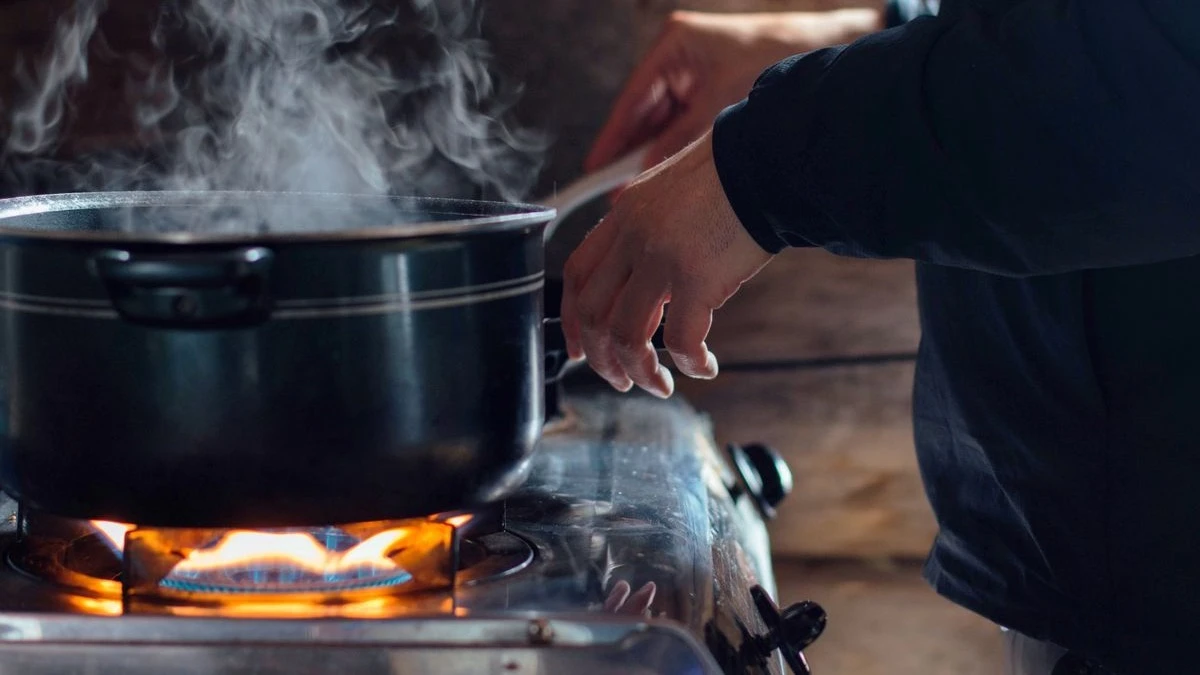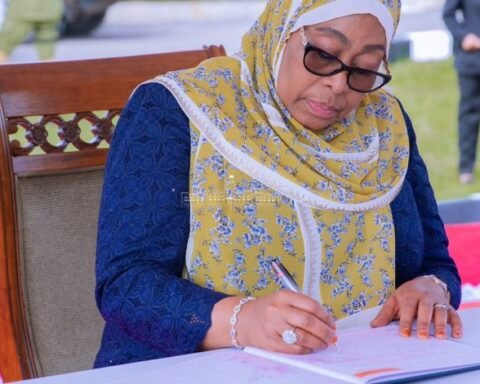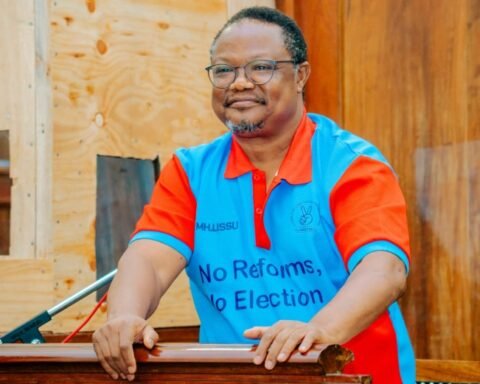Tanzania is scaling up efforts to create a cleaner and healthier energy future, beginning in classrooms. In a historic move, Kibasila Primary School in Dar es Salaam, the largest city in Tanzania, has become the first public school in the country to adopt an all-electric cooking system.
This launch marked the formal rollout of the government’s Clean Cooking Strategy 2024–2034, spearheaded by Professor Peter Msoffe, the Deputy Permanent Secretary in the Vice-President’s Office (Environment). The initiative focuses on replacing harmful traditional cooking methods with modern, eco-friendly technologies.
“This shift is not just about technology. It’s about improving public health, protecting forests, and creating a sustainable future for our children,” said Prof. Msoffe.
The government’s target is ambitious: by 2034, 80% of the population should be using clean cooking solutions instead of relying on biomass fuels such as firewood and charcoal. These traditional fuels, used by the majority of Tanzanian households, contribute to indoor air pollution, causing respiratory problems, especially among women and children, and speeding up deforestation.
Kibasila’s upgraded kitchen now includes modern electric pressure cookers, energy-efficient infrastructure, and better hygiene facilities. School cooks can prepare meals faster and safer, significantly reducing the amount of time spent inhaling smoke or collecting wood.
The initiative is supported by international partners such as the World Food Programme (WFP), UKAid, Sustainable Energy for All (SEforALL), and the Modern Energy Cooking Services (MECS) programme. These collaborations bring funding, research, and technical support, helping to scale up the programme across the country.
British High Commissioner Marianne Young highlighted that clean cooking plays a crucial role in promoting gender equality, as it reduces the burden on women and girls who traditionally bear the responsibility of fuel collection and cooking.
Meanwhile, Ronald Tran Ba Huy, WFP’s Tanzania Country Director, said improved kitchen environments support better school feeding, nutrition, and academic performance.
Also Read; Germany Accelerates Military Tech Race Amid Tensions
Tanzania plans to expand the programme to 50 schools across Dodoma, Kigoma, Tabora, and other regions in 2025. The move is part of a nationwide campaign to transition households and public institutions to modern cooking methods such as liquefied petroleum gas (LPG), bioethanol, biogas, and electric cooking systems.
The government also aims to improve access to clean cooking appliances through innovative financing models like pay-as-you-go systems, subsidies, and microloans for low-income families.
At the recent Africa Clean Cooking Summit 2024, world leaders pledged over $2.2 billion to promote clean cooking solutions continent-wide, underscoring the urgency and scale of the challenge.
The Clean Cooking Strategy also includes a mass awareness campaign using radio, television, social media, and village meetings to educate the public about the benefits of switching to clean energy.
If successful, Tanzania’s school-based model could become a regional example for how to integrate energy transition efforts with education, health, and environmental conservation.






